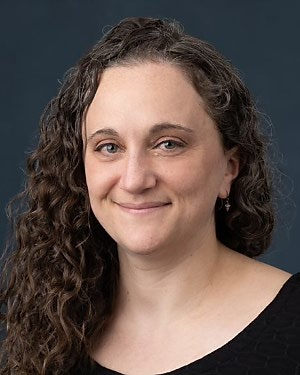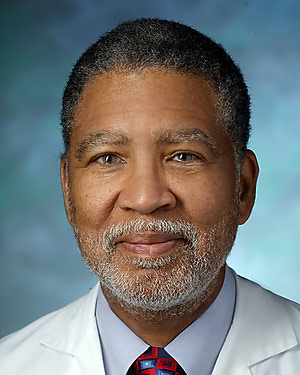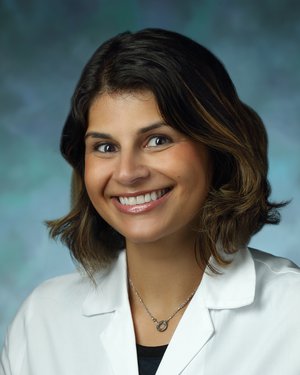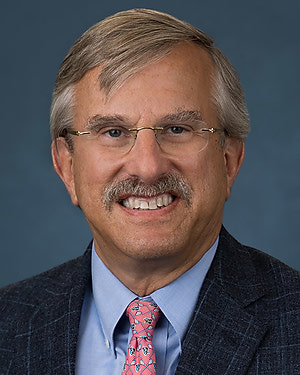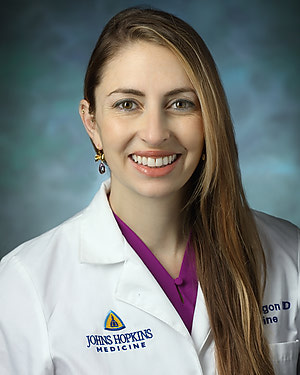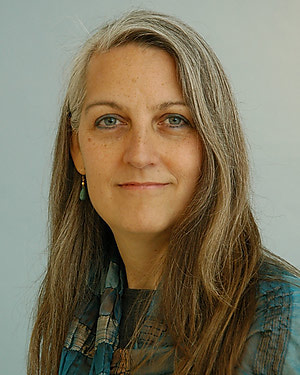-
Darius A. Rastegar, MD
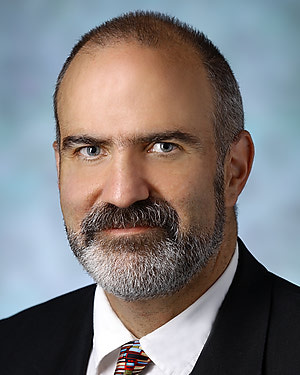
- Medical Director, Addiction Medicine Unit, Johns Hopkins Bayview Medical Center
- Professor of Clinical Medicine
Johns Hopkins University Addiction Medicine Fellowship
The Johns Hopkins University Addiction Medicine Fellowship serves to train the next generation of leaders in addiction medicine by preparing trainees for addiction medicine certification and clinical and academic leadership in the field.
The fellowship program will provide a strong foundation in the components of prevention, identification and treatment of substance use disorders and co-occurring conditions though a variety of supervised clinical experiences in a wide range of inpatient and outpatient settings, including longitudinal experience in caring for patients with addiction in a primary care setting. Fellows work with diverse faculty with backgrounds in internal medicine, family medicine, pediatrics, obstetrics and gynecology and psychiatry.
Following completion of training, each fellow will be able to:
- Provide patient care that is compassionate, appropriate, and effective for the promotion of health for individuals with substance use disorders
- Apply knowledge in the biomedical, clinical, epidemiological, social and behavioral sciences to their care of patients
- Pursue a career focused on clinical care, research, teaching, or health care leadership
For more information about the fellowship, please contact program coordinator Amy Ziemski.
We are pleased to announce that our program now participates in ERAS for applications.
Faculty and Fellows
Program Leadership
Program Faculty
-
Megan Buresh, MD
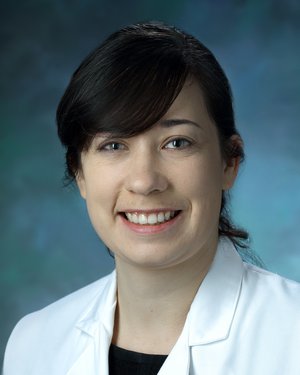
- Medical Director, Inpatient Addiction Consult Service, Johns Hopkins Bayview Medical Center
- Associate Professor of Clinical Medicine
Marc Fishman

Fellows
-
Lia Penn, M.D., MHS received her medical degree from Pennsylvania State University College of Medicine and her master's in health science degree in biochemistry and molecular biology from the Johns Hopkins Bloomberg School of Public Health. She completed internal medicine training at Hopkins Bayview Medical Center. She is currently practicing primary care and addiction medicine at The Johns Hopkins Hospital. She also serves as the medical director for the After Care Clinic at The Johns Hopkins Hospital.
-
Hassaan Yousufi completed medical school at St George’s University and family medicine residency at Geisinger. After completing his fellowship, he joined former fellow Jasleen Salwan at Montgomery Family Medicine where he practices primary care and addiction medicine.
-
Mary Fakorede, MBBS, is a family physician. She completed medical school in Nigeria, and Family Medicine residency at the Department of Community and Family Medicine at Howard University Hospital in Washington, D.C. before joining the Addiction Medicine fellowship at Johns Hopkins Bayview. After fellowship, she accepted a position at the Washington, D.C. VA medical center.
-
Noelle Martinez, M.D., MPH, received her medical degree from Northwestern University and completed her residency in family medicine at University of California San Francisco (UCSF). She was a REACH scholar (Recognizing and Eliminating disparities in Addiction through Culturally-informed Healthcare). After completing an advanced research fellowship at VA San Diego, she moved to the San Francisco Department of Public Health as medical director of BEAM (Bringing Expanded Access to Medication for Opioid Use Disorder). Specific interests include low-threshold care models, family preservation/interactions with the child welfare system, urine drug testing, and legal-ethical issues within addiction medicine.
Publications
-
Savitha Racha, M.D., completed her internal medicine residency at Cooper University Hospital in Camden, NJ. She discovered her interest in addiction medicine as a student at Boston University School of Medicine where she volunteered with the Outreach Van Project. After fellowship, she returned to Cooper University Hospital as an addiction medicine consultant and is an Assistant Professor of Clinical Medicine at Rowan University.
Publications
-
Lea Selitsky, M.D., MPH earned her medical degree at Wayne State University before completing her residency in internal medicine at The Johns Hopkins Hospital. After completing her Addiction Medicine Fellowship, she accepted a position at the VA Medical Center in Philadelphia. She sees patients in both primary care and the behavioral health walk-in buprenorphine clinic. Her clinical work focuses on the overlap between chronic pain and opioid use disorder among veterans, and on expanding access to buprenorphine treatment in primary care.
Publications
-
Ashish Thakrar, M.D., MSHP, received his medical degree from the University of Pennsylvania and completed residency at the Johns Hopkins Osler Internal Medicine Training Program in the Urban Health-Primary Care track. After completing Addiction Medicine fellowship at Hopkins, he completed the National Clinician Scholars Program at the University of Pennsylvania and earned his MS in Health Policy Research. He is currently an Assistant Professor of Medicine at the University of Pennsylvania. His research and advocacy focus on improving clinical care for patients with severe substance use disorders, with a focus on responding to the unique challenges of fentanyl and other synthetic drugs. He continues to work clinically in primary care and hospital-based addiction medicine.
Publications
-
Jessica Ratner, M.D., completed medical school at the University of Pennsylvania and residency at the Hopkins Urban Health Med-Peds Program, before joining the Addiction Medicine fellowship at Hopkins Bayview. She is interested providing clinical care, developing programs, and strengthening policies that support underserved families impacted by addiction and trauma. She is currently an Assistant Professor in the Hopkins Division of Addiction Medicine, seeing patients at the Comprehensive Care Practice and the Center for Addiction and Pregnancy and working as a consultant to the Baltimore City Health Department on efforts related to peripartum substance use disorders. She is also the Associate Program Director for the Addiction Medicine Fellowship program.
Publications
-
Joseph (Seffy) Muller, M.D., received his medical degree from Case Western Reserve and trained in internal medicine and pediatrics at the Johns Hopkins Hospital. After fellowship, he joined Unity Health Care, a large federally qualified health center in Washington DC and became the director of addiction medicine. In that capacity, he was also the medical director of the Opioid Treatment Program at the D.C. Department of Corrections. In 2024, he moved to federal Center for Substance Abuse Treatment where he is currently a Senior Physician Advisor.
-
Jasleen Salwan, M.D., MPH received her medical and public health degrees at the Icahn School of Medicine at Mount Sinai and internal medicine training in the Yale Primary Care program. She is currently practicing integrated primary care and substance use disorder treatment at Montgomery Family Medicine in Silver Spring, Maryland. She also serves on the education faculty for the American Society of Addiction Medicine and works as a consultant for the Washington, D.C. Addiction Consultation Service.
-
Jarratt Pytell, M.D., earned his medical degree from Louisiana State University Health Sciences Center, New Orleans. During medical school, he was accepted as an Applied Epidemiology Fellow at the Centers for Disease Prevention and worked for a year in the Division of Waterborne Diseases. He completed his medical residency at Johns Hopkins Bayview Medical Center. After completing his Addiction Medicine fellowship, Jarratt completed a General Internal Medicine fellowship at Johns Hopkins. He has been on faculty at the University of Colorado, Denver since 2022 and is currently an Assistant Professor of Medicine and clinician-investigator.
Publications
- Transition From Methadone to Buprenorphine Using a Short-acting Agonist Bridge in the Inpatient Setting: A Case Study
- Outcomes of a novel office-based opioid treatment program in an internal medicine resident continuity practice
- Facilitating Methadone Use in Hospitals and Skilled Nursing Facilities
- Down the drain: Reconsidering routine urine drug testing during the COVID-19 pandemic

